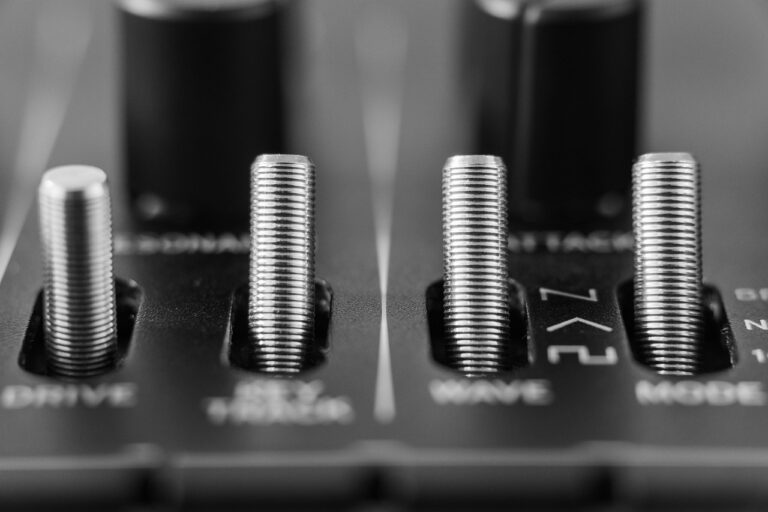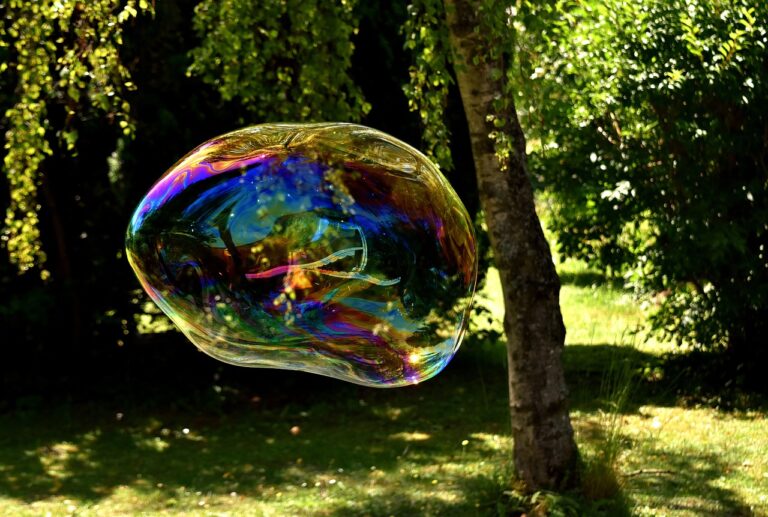Sustainability in Music Production: Eco-Friendly Recording Studios and Practices
When designing a studio space, incorporating natural light can significantly reduce the need for artificial lighting, thus lowering energy consumption. Positioning windows strategically and adding skylights can flood the space with sunlight, creating a pleasant working environment for musicians and engineers alike. By maximizing the use of natural light, studios can not only save on electricity costs but also promote a more sustainable workspace.
In addition to natural light, opting for energy-efficient equipment is crucial in promoting eco-friendly studio design. Choosing recording devices, mixers, and speakers that are Energy Star certified or have low power consumption ratings can make a significant impact on reducing the studio’s overall carbon footprint. Investing in energy-efficient equipment not only benefits the environment but also contributes to long-term cost savings for studio owners.
Recycling and Waste Reduction Strategies in Music Production
Waste reduction strategies in music production are crucial for minimizing the environmental impact of the industry. Implementing practices such as repurposing old equipment, using reusable materials for packaging, and properly recycling electronic waste can significantly reduce the amount of waste generated in studios. By being mindful of the materials used in music production and finding ways to extend the lifecycle of products, studios can contribute to a more sustainable future for the industry.
In addition to waste reduction, implementing recycling programs within music production studios can help divert materials from landfills and promote a circular economy. Setting up designated bins for paper, plastic, glass, and other recyclables, as well as partnering with local recycling facilities, can streamline the recycling process and make it easier for staff and artists to participate in sustainable practices. By making recycling a priority in music production spaces, studios can play a role in conserving natural resources and reducing their overall carbon footprint.
• Repurpose old equipment to extend its lifecycle
• Use reusable materials for packaging
• Properly recycle electronic waste
• Implement recycling programs within studios
• Set up designated bins for paper, plastic, glass, and other recyclables
• Partner with local recycling facilities to streamline the process
Green Certification Programs for Recording Studios
Green certification programs for recording studios are becoming increasingly popular as the importance of sustainability in the music industry grows. These programs offer guidelines and requirements for studios to follow in order to reduce their environmental impact and operate in a more eco-friendly manner. By achieving green certification, recording studios can demonstrate their commitment to environmental responsibility and attract clients who prioritize working with environmentally conscious businesses.
One key aspect of green certification programs for recording studios is the implementation of energy-efficient practices and equipment. Studios are encouraged to use energy-saving lighting, heating, and cooling systems to reduce their overall energy consumption. Additionally, studios can invest in renewable energy sources such as solar panels to further minimize their carbon footprint. By adopting these sustainable practices, recording studios can not only reduce their operating costs but also contribute to a greener music industry.
What are some benefits of incorporating green practices into recording studios?
Some benefits include reducing energy costs, minimizing environmental impact, and creating a healthier work environment for employees.
How can recording studios incorporate natural light into their design?
Recording studios can incorporate natural light by installing large windows, skylights, or solar tubes to allow natural light to enter the space.
What are some examples of energy-efficient equipment that recording studios can use?
Examples of energy-efficient equipment include LED lighting, energy-efficient HVAC systems, and eco-friendly soundproofing materials.
How can recording studios implement recycling and waste reduction strategies?
Recording studios can implement recycling and waste reduction strategies by providing separate bins for recyclables, using reusable materials whenever possible, and donating or repurposing old equipment.
What are some green certification programs that recording studios can participate in?
Some green certification programs for recording studios include the Green Music Alliance’s Green Studio Certification and the Sustainable Recording Studio Certification by the Recording Industry Association of America (RIAA).







